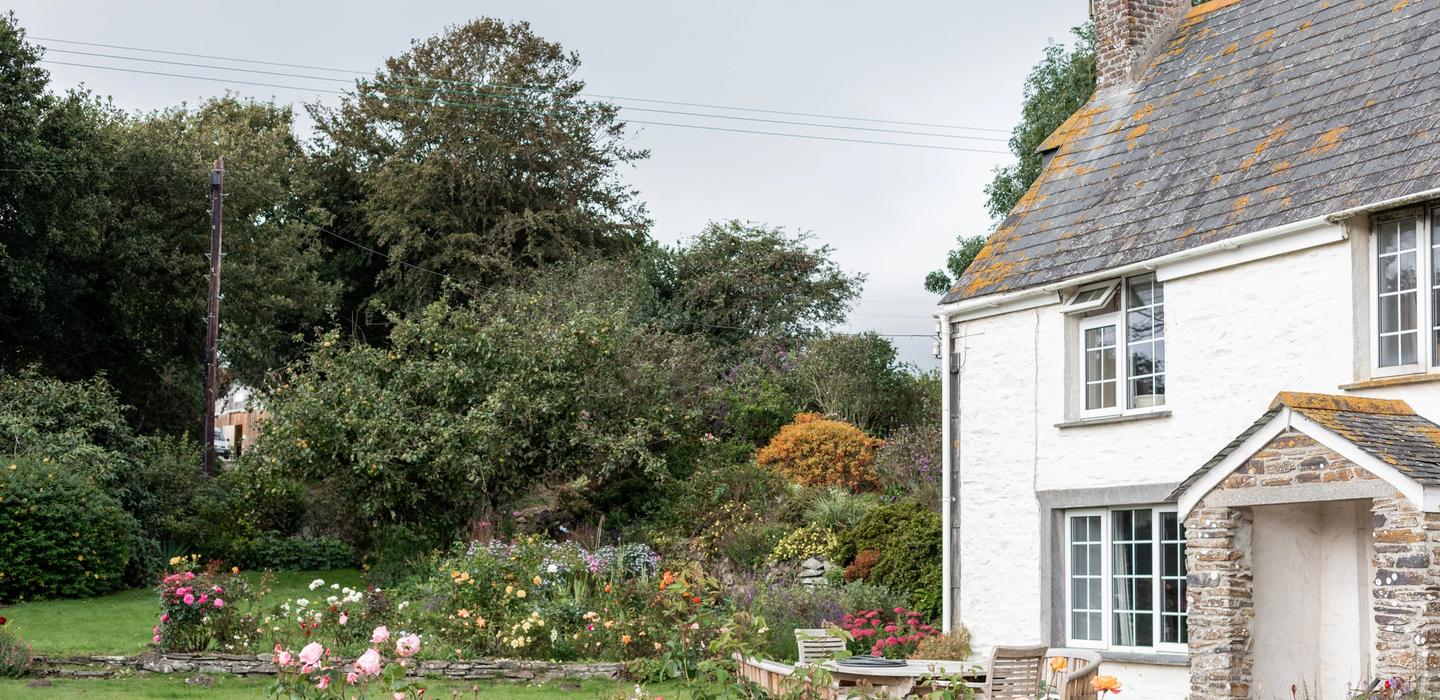

Latest Happenings
Discover what’s hatching at St. Ewe – your source for all things eggs, agriculture, and more!

Looking for news about St. Ewe?
Sign up to our monthly newsletter for eggciting updates, eggcellent recipes and eggceptional giveaways.


Discover what’s hatching at St. Ewe – your source for all things eggs, agriculture, and more!

Sign up to our monthly newsletter for eggciting updates, eggcellent recipes and eggceptional giveaways.